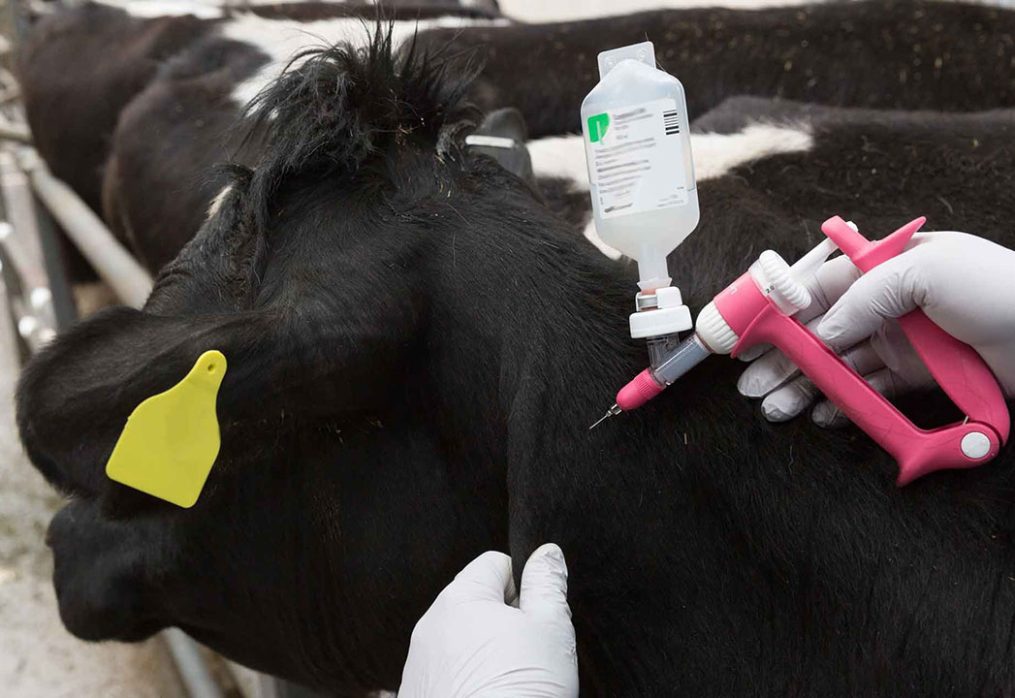Effective Cattle Health Management: Ensuring Optimal Health for Your Dairy Cows
Health is important on your dairy farm:
Maintaining optimal health in dairy cows is crucial for maximizing milk production and ensuring the long-term success of your dairy farm. Implementing effective cattle health management practices is essential to prevent diseases, control parasites, provide preventive care, and detect early signs of illness. Here are valuable insights into cattle health management tailored specifically for dairy farmers in Kenya.
1. Vaccination Schedules:
Developing a comprehensive vaccination program is vital for safeguarding your dairy herd against common diseases. Work closely with a veterinarian to establish a vaccination schedule tailored to your farm’s specific needs. Vaccinations may include:
– Clostridial Diseases: Protect your cows from diseases like blackleg, tetanus, and enterotoxemia by administering appropriate vaccines.
– Infectious Diseases: Vaccinate against diseases such as infectious bovine rhinotracheitis (IBR), bovine viral diarrhea (BVD), and leptospirosis to prevent their spread within the herd.
– Bacterial Diseases: Vaccinations for diseases like bovine respiratory syncytial virus (BRSV) and pasteurellosis can help minimize respiratory infections.
2. Parasite Control:
Effective parasite control is essential to maintain the overall health and productivity of your dairy cows. Develop a parasite control plan that includes:
– Deworming: Consult with your veterinarian to establish a deworming schedule based on the specific parasites prevalent in your area and the lifecycle of the parasites.
– Pasture Management: Practice rotational grazing to reduce parasite burden on pastures, as well as maintaining clean and well-drained areas to minimize exposure to parasites.
3. Preventive Care:
Preventive care measures are crucial for minimizing the risk of disease and ensuring the well-being of your dairy cows. Consider the following practices:
– Regular Veterinary Check-ups: Schedule routine veterinary visits to assess the overall health of your cows, conduct physical examinations, and perform necessary tests.
– Hoof Care: Maintain proper hoof health by regularly trimming hooves and addressing any signs of lameness promptly.
– Nutritional Balance: Provide a balanced diet that meets the specific nutritional requirements of your dairy cows to support their immune system and overall well-being.
4. Early Disease Detection:
Early detection of diseases plays a vital role in preventing their spread and minimizing the impact on milk production. Be vigilant for the following signs:
– Changes in Behavior: Monitor your cows’ behavior for any sudden changes, such as decreased appetite, reduced milk production, increased aggression, or lethargy.
– Physical Examination: Conduct regular visual inspections, paying attention to body condition, coat quality, and signs of discomfort or abnormal discharges.
– Diagnostic Testing: Work closely with your veterinarian to perform necessary diagnostic tests, such as blood tests or fecal examinations, to detect any underlying health issues early on.
Implementing effective cattle health management practices is essential for ensuring the optimal health and productivity of your dairy cows. Develop a comprehensive vaccination program, prioritize parasite control, provide preventive care, and remain vigilant for early signs of diseases. By taking proactive measures, working closely with your veterinarian, and maintaining good herd health practices, you can secure the well-being of your dairy cows and promote a thriving dairy farm in Kenya.
